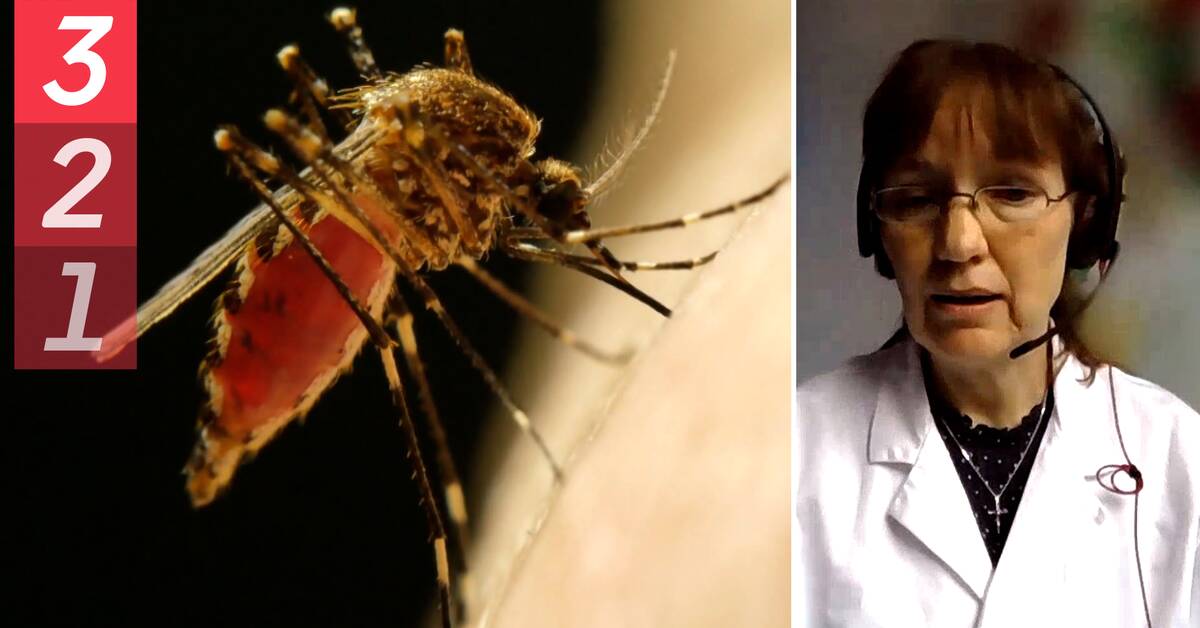Now Ghana has approved a malaria vaccine developed at the British University of Oxford. With the new vaccine, it is hoped to save hundreds of thousands of lives, especially in young children who are most at risk of death.
Ghana leads the way WHO
According to Kristina Persson, chief physician and malaria researcher at Lund University, this is important news.
"This means that Ghana is ahead of the World Health Organization in approving a vaccine," she says.
"This vaccine is also much better compared to the alternatives that have been available before.
Not so effective vaccines
Ghana has long had major problems with malaria.
"The vaccine that the WHO has previously announced has only had a long-term effectiveness of about 30 percent, while this new one has 80 percent effectiveness," she says.
"Perhaps Ghana has chosen to try a new vaccine themselves because the one used before has not worked so well.
Problem not solved
However, studies show that the malaria problem is not solved, despite the vaccine. After one year, almost half of those infected with malaria have had at least one new episode of the disease.
"If they hadn't received the vaccine, they might have had malaria more times. But the fact remains that quite a few people get malaria anyway, despite the vaccine," says Kristina Persson.
She hopes the World Health Organization will recommend the new vaccine.

